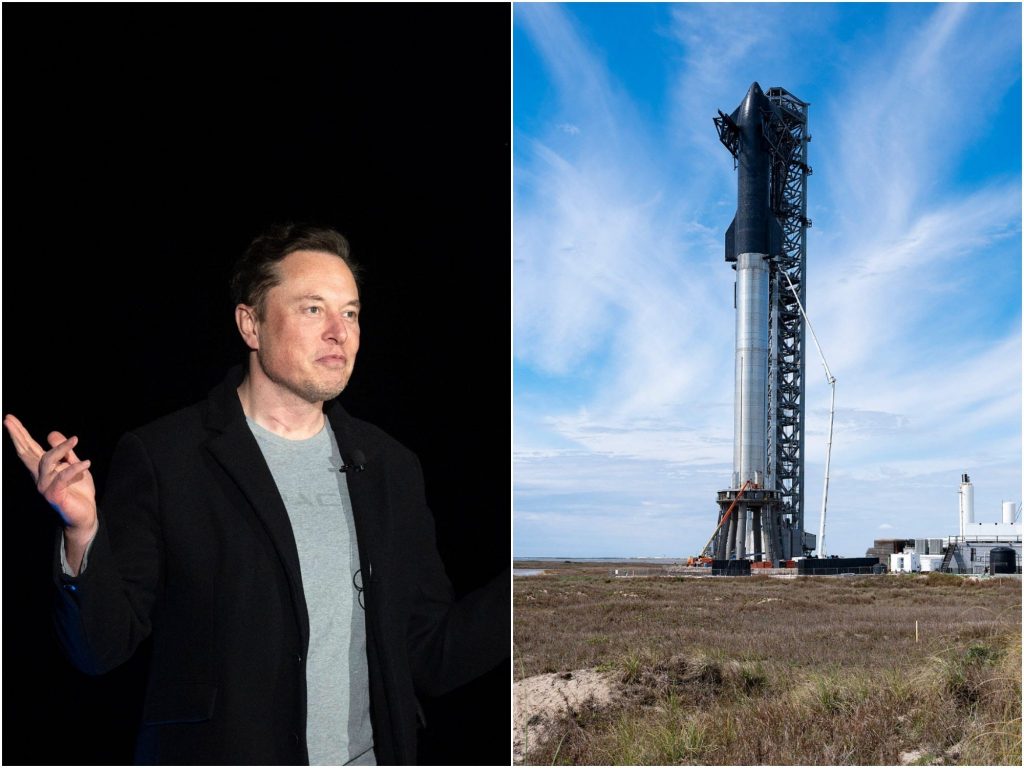- NASA is concerned SpaceX's Starlink launch will risk damaging vital infrastructure, Reuters reports.
- SpaceX's proposals to address NASA's concerns could take months to be approved.
- SpaceX's primary test launch site in Texas has been delayed by a lengthy regulatory review.
NASA is concerned that the launch of SpaceX's Starship rocket in Florida could damage the space agency's launch infrastructure.
NASA wants to ensure that the plan for the Starship rocket launch will not put important property at risk, a senior space agency official told Reuters.
NASA officials have told SpaceX that an explosion at the launch site could impact their ability to launch US astronauts to the International Space Station, per Reuters.
SpaceX is reportedly considering a plan to launch US astronauts from another site in Florida. However, it could take months to get agency approval and potentially lead to a delayed launch, the news agency reports. SpaceX's Starship rocket is a fully reusable rocket that is capable of carrying groups of people into space.
SpaceX did not immediately respond to Insider's request for comment made outside of normal working hours.
NASA's concerns in Florida come amid complications at SpaceX's Texas launch site. The US Federal Aviation Administration (FAA) has been completing a drawn-out environmental review of SpaceX's Texas launch site.
The FAA began its review in July 2020 and aimed to be finished by December 2021. The review has since suffered from a series of delays and is due to be completed next week. Elon Musk had originally planned to launch the Starship rocket into orbit for the first time in early 2022.
SpaceX has leased the Launch Complex 39A in Florida from NASA since 2014. Last year, SpaceX sped up operations at the Florida launchpad due to the delays at its launch site in Texas.
This is not the first time NASA has expressed concerns over SpaceX operations. Insider reported in February 2022 that NASA raised concerns over SpaceX's plans to orbit 30,000 more Starlink satellites, citing concerns over overcrowding and collisions.
